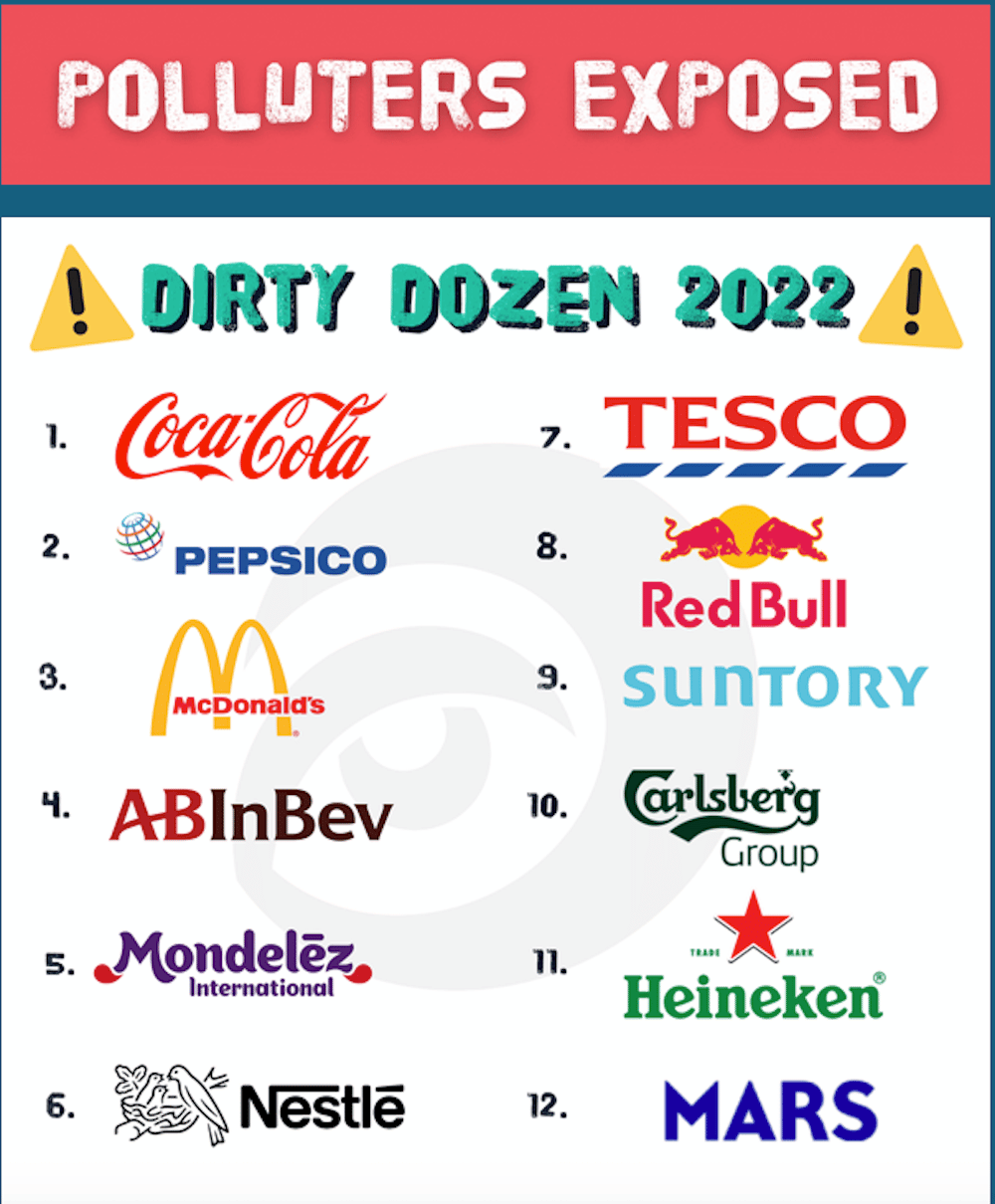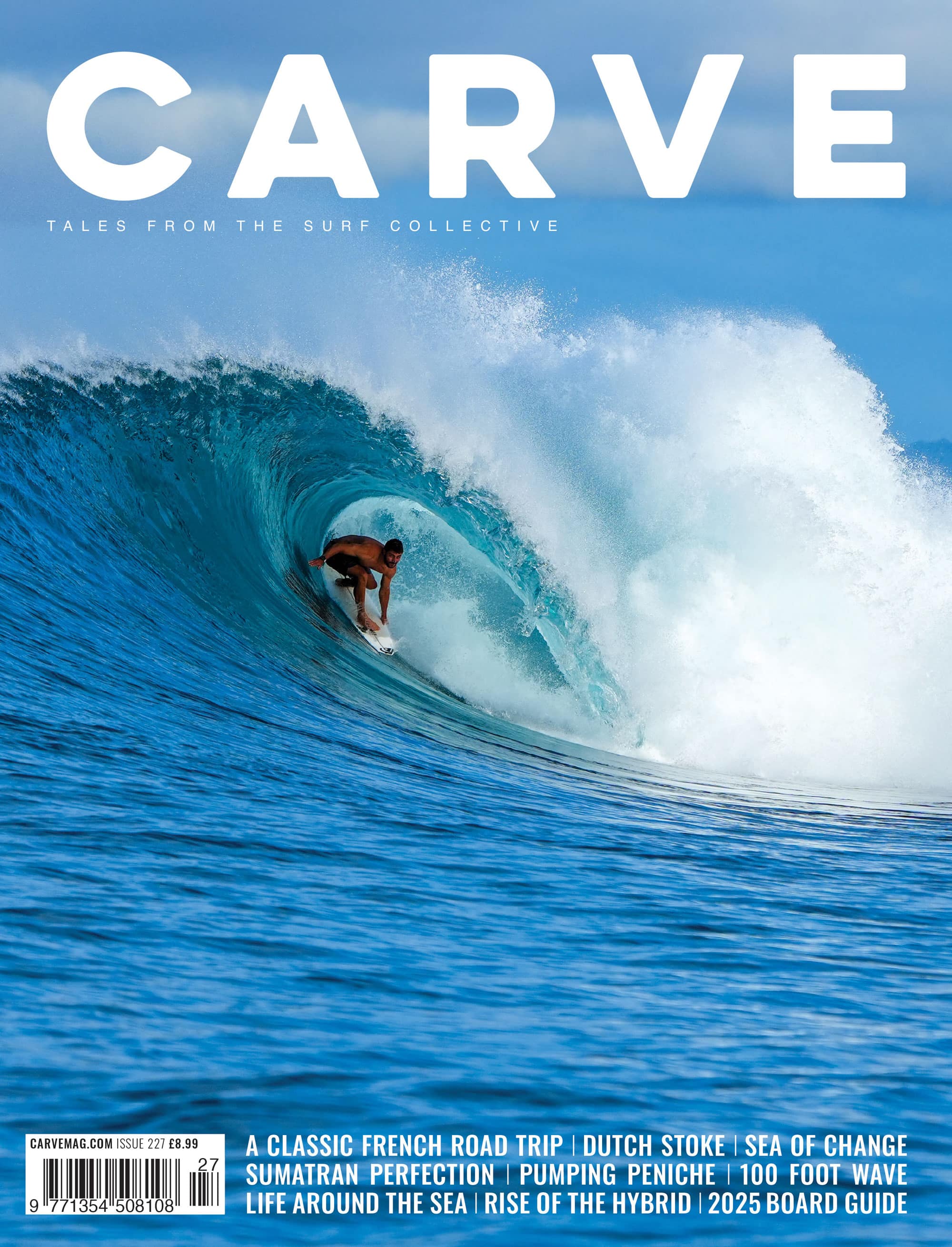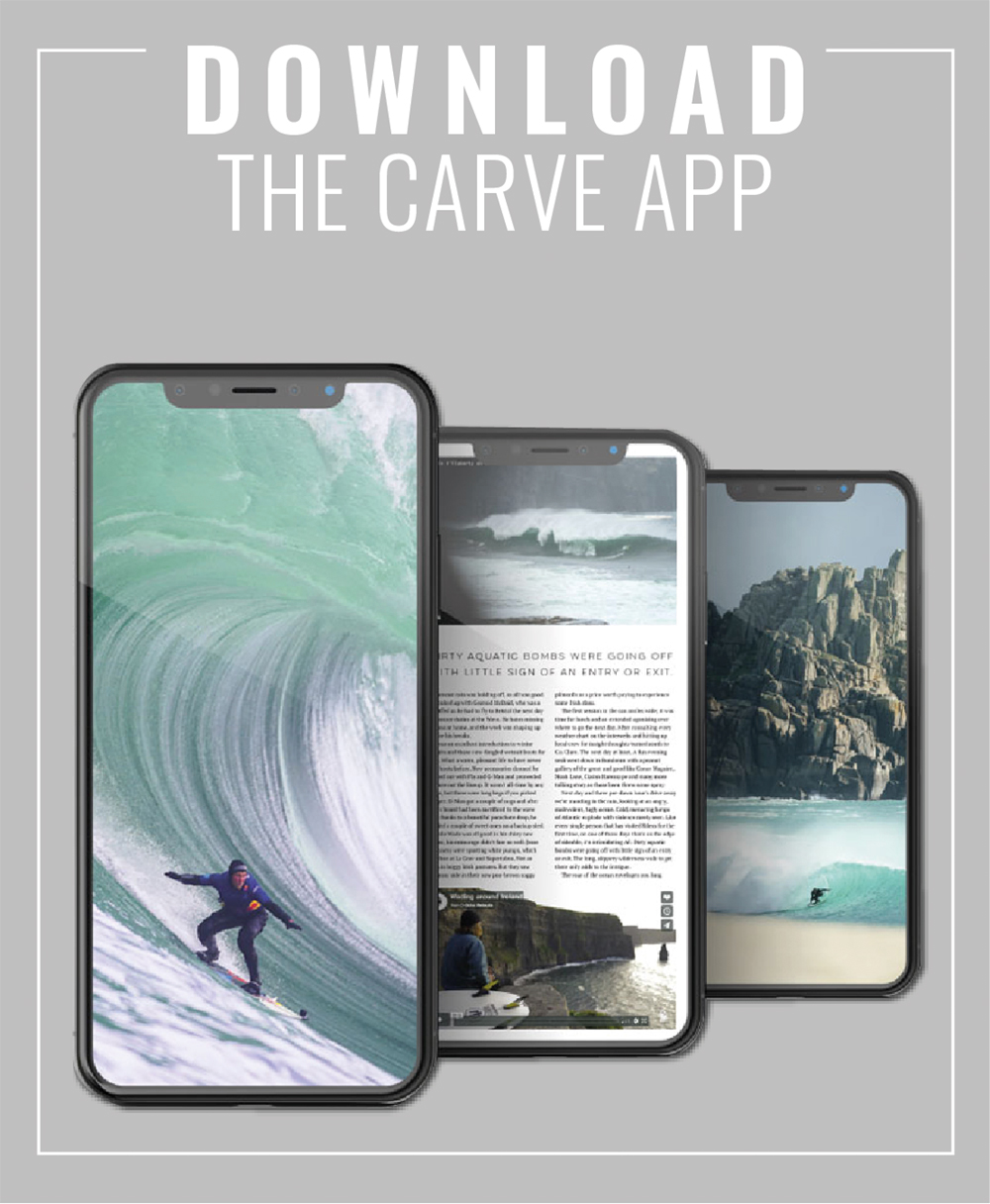Surfers Against Sewage’s (SAS) annual Citizen Science Brand Audit has revealed the ‘Dirty Dozen’ brands polluting UK beaches with plastic packaging and fuelling ecological harm.

The report is the result of almost 4,000 citizen scientists collecting branded packaging pollution from over 13,000 miles.
The citizen science movement has exposed Coca-Cola, PepsiCo and McDonald’s as the top three companies driving the UK packaging pollution crisis, responsible for almost 40% of branded pollution found.
Key findings include:
+ Twelve companies are responsible for over 70% of branded pollution across the UK.
+ For the third year, Coca-Cola has been found as the biggest polluter, responsible for 20% of all branded pollution found.
+ As the top three polluters, Coca-Cola, PepsiCo and McDonald’s are responsible for a staggering 39% of all branded pollution found.
+ Almost 50% of the reported pollution would be covered under an ‘all-in’ Deposit Return Scheme.
The annual Citizen Science Brand Audit released today (23rd August 2022) identifies the same offenders every year, making a mockery of their supposedly ambitious sustainability pledges. Brands are failing to adequately reduce packaging, switch to reuse models and enable recycling. As the top three polluters, Coca-Cola, PepsiCo and McDonalds are responsible for a staggering 39% of all branded pollution found.
For the 3rd year, Coca-Cola has taken the top spot. This follows growing public pressure for systems change and their recent announcement of a new reusable packaging target, aiming for at least 25% of all beverages worldwide to be sold in refillable or returnable glass or plastic bottles and containers by 2030.
The Dirty Dozen continue to pollute UK landscapes with plastic packaging which floods into the ocean, fuelling ecological harm and jeopardising the health of people and wildlife. To highlight the rampant pollution blighting the environment and ocean, Surfers Against Sewage have commissioned a 100m x 400m projection of packaging waste stacked up against the iconic White Cliffs of Dover.
Citizen scientists across the country found 10,843 branded items in total, linked to 264 companies. A shocking 28,727 items were recorded overall, including both branded and unbranded items.
Tobacco products accounted for over 15% of all pollution recorded and over a quarter of all unbranded pollution recorded was cigarette butts. Cigarette pollution is extremely detrimental to the soil and beaches, with the vast majority of butts made from single use plastic and containing hundreds of toxic chemicals once smoked.
Surfers Against Sewage are calling on companies to take responsibility for their harmful pollution and the entire lifecycle of their products, reduce their packaging and adopt circular business models. In addition, the charity is urging the government to introduce an ‘all-in’ Deposit Return Scheme for drinks containers of all sizes and materials including glass, not just small containers classified as ‘on-the-go’. This scheme would see consumers pay an up-front deposit on products, redeemed on return of the container. Growing in popularity, Deposit Return Schemes are already used effectively across Europe and receiving high return rates. Of the items monitored from this year’s Dirty Dozen, it is estimated that a massive 55% could be captured through an ‘all-in’ Deposit Return Scheme.
Hugo Tagholm, Chief Executive of Surfers Against Sewage, said: “Year after year, our Citizen Science Brand Audit reveals the same huge companies are responsible for the packaging pollution choking our environment. Despite public sustainability commitments, these dirty brands are failing to take meaningful action to stop this harm.
We cannot stand for this blatant greenwashing any longer. Systemic change is urgently needed to end the pollution swamping the land and ocean. Businesses need to take responsibility for their polluting products and transition to models of reduction and reuse. Legislation such as an ‘all-in’ deposit scheme needs to be introduced urgently and governments must hold these companies to account.”
Dr Christian Dunn, Senior Lecturer in Natural Sciences at Bangor University, added: “This research shows the environmental disaster of plastic pollution shows no sign of slowing down, as yet again the same companies are responsible for the bulk of the waste being found on our beaches and streets.
It’s rather depressing that despite all the evidence over the years being provided by SAS and its fantastic team of citizen scientists these companies still aren’t getting a grip on the issue. There needs to be a shared responsibility between everyone; the government, producers and consumers if we’re to seriously tackle the problem.”
The data for the audit was collected as part of the charity’s ambitious Million Mile Clean initiative, inspiring community action across the country. A movement of 3,796 volunteers collected branded items from 13,047 miles in order to hold polluting companies to account.
To end the packaging pollution crisis degrading the natural environment, Surfers Against Sewage is calling for:
Business models that are focused on reduction and reuse.
Legislation that ends the production and consumption of single use and pollution plastics.
Legislation that ensures effective resource use and waste management.
Cultural change across society.
To find out more about the Citizen Science Brand Audit and what you can do to influence companies and governments, visit the Surfers Against Sewage website: https://www.sas.org.uk/.





